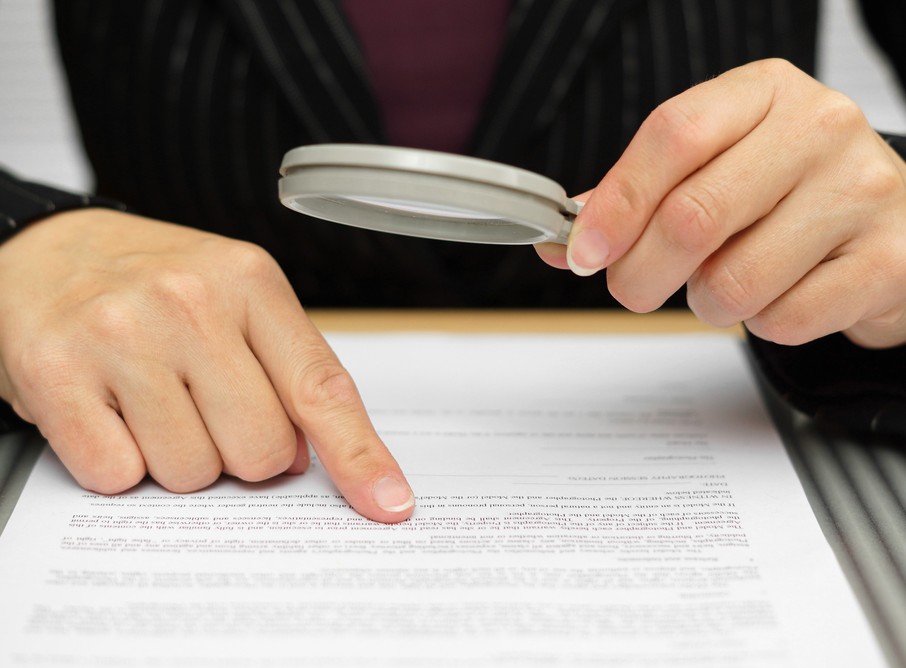How to prevent your bank from closing your bank account for AML/CFT reasons
The Netherlands is often considered an optimal country for doing business. Reasons mentioned are its business-favorable climate, a competitive tax structure, a multilingual workforce and an advanced infrastructure. For reasons such as these, several international companies are headquartered in the Netherlands or have a branch operating in the Netherlands. Yet recent changes in the AML/CFT-policy of Dutch banks appear to pose a risk for this traditionally business-friendly environment.
The Dutch Money Laundering and Terrorist Financing Prevention Act (the ‘Wwft’)
Within the Netherlands, the Anti-Money Laundering and Anti-Terrorist Financing Act (in Dutch: Wwft) entered into force on August 1, 2008, implementing the EU’s Third Anti-Money Laundering Directive in Dutch law. The objective of the Wwft is to maintain the integrity of the financial system, that has recently been shocked by the disclosure and magnitude of the Russian or Global Laundromat (also: the Moldovan Scheme), the Azerbaijani Laundromat and the Troika Laundromat.
Obligation to report all unusual transactions
Under the Wwft, all institutions with an obligation to report – such as banks, accountants, tax advisors, lawyers and trust officers – need to report all ‘unusual transactions’ to the Financial Intelligence Unit (FIU-the Netherlands) on the basis of objective and/or subjective indicators. Failing to do so may have consequences, eventually leading to investigation by the public prosecutor (such as the case of ABN Amro) and/or a costly settlement (as ING did, paying EUR 775 million) to avoid further consequences.
This recently led to drastic measures being taken by (especially) the Dutch banking sector, primarily regarding their policy on compliance with KYC (Know Your Clients) & CDD (Customer Due Diligence)-requirements. The banks have subsequently (and partly temporarily) employed a vast amount of ‘KYC-analysts’, carrying out the required customer screening and monitoring of transactions.
Assessment of risk
Entities themselves have to assess the risks that certain customers or products entail. Although the Dutch Bank has published a Guidance on this topic, the Wwft only describes the mandatory results that need to be achieved by their risk assessment but not the way in which this needs to be done. Therefore, a large part of the measures and questions by the banks are usually to be considered quite arbitrary. Consequently, specific sectors have been designated by the banks as ‘high-risk’. Companies operating in such sectors are more likely to receive further questions about not only themselves, their Ultimate Benificial Owners (UBOs) and their transactions, but also about the their own customer(s), their business(es) and their revenue stream(s) – and even their UBO(s); the so-called ‘Know Your Customer’s Customer’ (KYCC) principle.
Private investigations by my bank: now what?
Be very aware that a letter from the KYC/CDD-department(s) of your Dutch bank should not be taken lightly. If you do not respond in a timely manner or do not hand over all the requested information and/or this information does not satisfy the investigating KYC/CDD-employee, this might result in the closure of your Dutch bank account. This would make it practically impossible to further conduct business in the Netherlands. Moreover, a request for a bank account at another bank will most likely be declined after providing the information that your current bank has closed down your account due to AML/CFT-related issues. Accordingly, expensive interlocutory proceedings before a Dutch court will be inevitable, in order to prevent termination of your bank account and credit in the Netherlands.
Request professional assistance
Be advised to contact a specialized attorney upon receiving such a letter from the KYC/CDD-department(s) of your bank. He or she can provide you with useful assistance regarding the legitimacy of (all) the questions asked, the bank’s perspective and advise you on how to mitigate further risks in the future, ensuring both you and your bank comply with the applicable AML/CFT-regulations.
Did your company receive a KYC/CDD-letter from your Dutch bank?
Please check our website for more information and articles on this topic. Currently, most of our articles are written in Dutch, but more articles in English about this and related topics – such as on the UBO-register, most likely entering into force the 10th of January 2020 – will follow. Alternatively, contact the people from the KYB-team. They advise and when necessary litigate, in order to prevent your bank from ending your business relation and blocking or closing your accounts.





